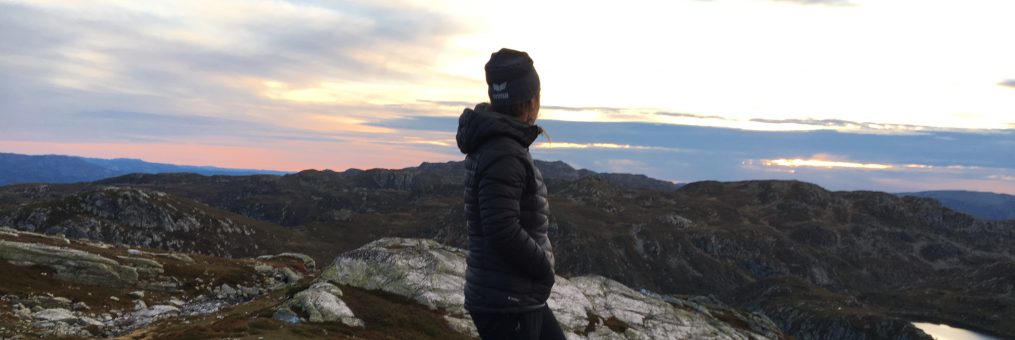Feedback is one of the most powerful influences on learning and achievement, said Hattie in “The power of feedback” (2007). Performance feedback provides valuable information to help guide learning. Although feedback itself has no extrinsic value, it can produce subjective feelings similar to “rewards” and “punishments.” Therefore, feedback can play both an informative and a motivational role.
Still, year after year, some of the lowest scores received within the National Student Survey in Norway, are for the area of Feedback. This is a pattern found nationally, almost without exception.
 From my point of view I think that feedback is also lacking in this course. I wonder why when we know the great impact feedback have on learning. Caroline Cruaud wrote this comment to our presentation on topic 3 where we submit some reflection about the feedback we get on our work in ONL:
From my point of view I think that feedback is also lacking in this course. I wonder why when we know the great impact feedback have on learning. Caroline Cruaud wrote this comment to our presentation on topic 3 where we submit some reflection about the feedback we get on our work in ONL:
I completely agree with your thoughts on feedback. Posting on the blog is not so motivating when you know almost no one will read the posts… I wonder if using a different platform for ONL would make it easier to keep track of all the posts?
I could add posting the group presentation isn’t so motivating either when you get 2-3 comments. In our group we`re been talking of how to “sell in” our presentation. Or when it`s best to post it so it doesn’t drown in all the other post and blogs.
How many people participated in ONL? 130? So much resources…. We`re encourage to give each other feedback, but as the week goes by, I see the same few names over and over again. It makes me think if the summative peer-feedback can be mandatory? Or what sort of feedback build motivation? What are the various forms that feedback can take? How can we give effective feedback in online courses?
These and other question will my PBL group try to answer in the presentation for topic 4. Look forward to dig into this theme.
To be continued…..
And until then I will make an effort to give feedback and kudos for all the good work presented in the ONL18 G+community.
Making Sense of Assessment Feedback in Higher, 2013.
The power of feedback, 2007.


